Collagen - Nature's Super-Protein

Collagen, often dubbed as the body's natural "scaffolding", is the unsung hero of our physique. It plays an instrumental role in shaping our skin, muscles, bones, and so much more.
Collagen & Your Skin
Together with elastin, another dynamic protein, collagen fortifies the underlying layer of our skin, granting it both strength and elasticity. Think of it as the mesh that holds everything together with resilience.
Types of Collagen
Though there are multiple types of collagen, three steal the limelight:
- Type 1: Present in skin, tendons, bones, and teeth.
- Type 2: Found in cartilage and eyes.
- Type 3: Located in skin, muscles, and blood vessels.
Moreover, collagen plays a pivotal role in supporting effective blood flow, which enhances the vitality of our skin. This means that this super-protein has a large influence on our skin's glow and health.
However, as with many good things, our natural production of collagen diminishes as we age. This can lead to skin that's less elastic and a complexion that loses its youthful vibrancy.
Given its significance, it's no wonder that the beauty and health markets are abuzz with collagen-rich foods and supplements. When complemented with topical applications, collagen gets a holistic boost!
External Factors & Collagen
Life's daily hustle, especially from external pollutants and habits like smoking, can hasten the visible signs of aging.
The Role of Free Radicals
Toxins from our environment can compromise the health of our skin cells. This complex interaction results in unstable atoms that latch onto stable ones, producing free radicals. These free radicals, in a domino effect, can damage the proteins that make our skin plump and radiant.
But here's a silver lining: Antioxidants can combat these free radicals. Citrus essential oils, for instance, are rich in vitamin C and have potential to work wonders in this defense.
Sugar & Your Skin
Sugar, albeit sweet, might not be the best buddy for your collagen. Excessive sugar in our system can stick to collagen and elastin, compromising their flexibility. This process, termed glycation, produces compounds that can make our skin appear aged.
Sun Exposure & Collagen
While a golden tan might look appealing, excessive sun exposure can degrade collagen. It can lead to visible signs of aging and amplify the risks associated with free radicals.
Preserving Your Collagen, Naturally
While aging is a natural process, we can still take proactive steps to maintain our skin's youthfulness. Collagen is nature's gift to us. By understanding its role and nurturing it, we can embrace a radiant and youthful appearance for years to come.


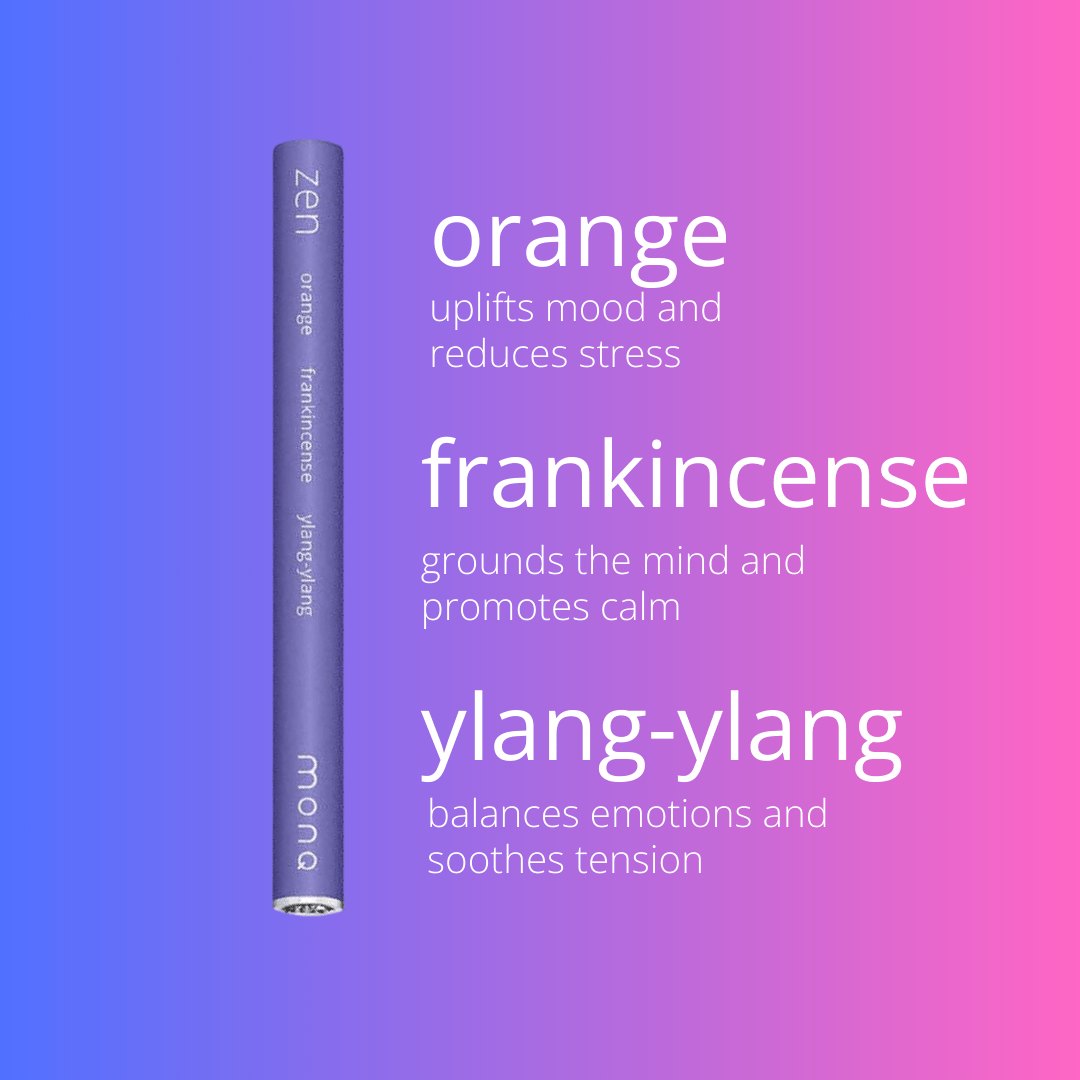
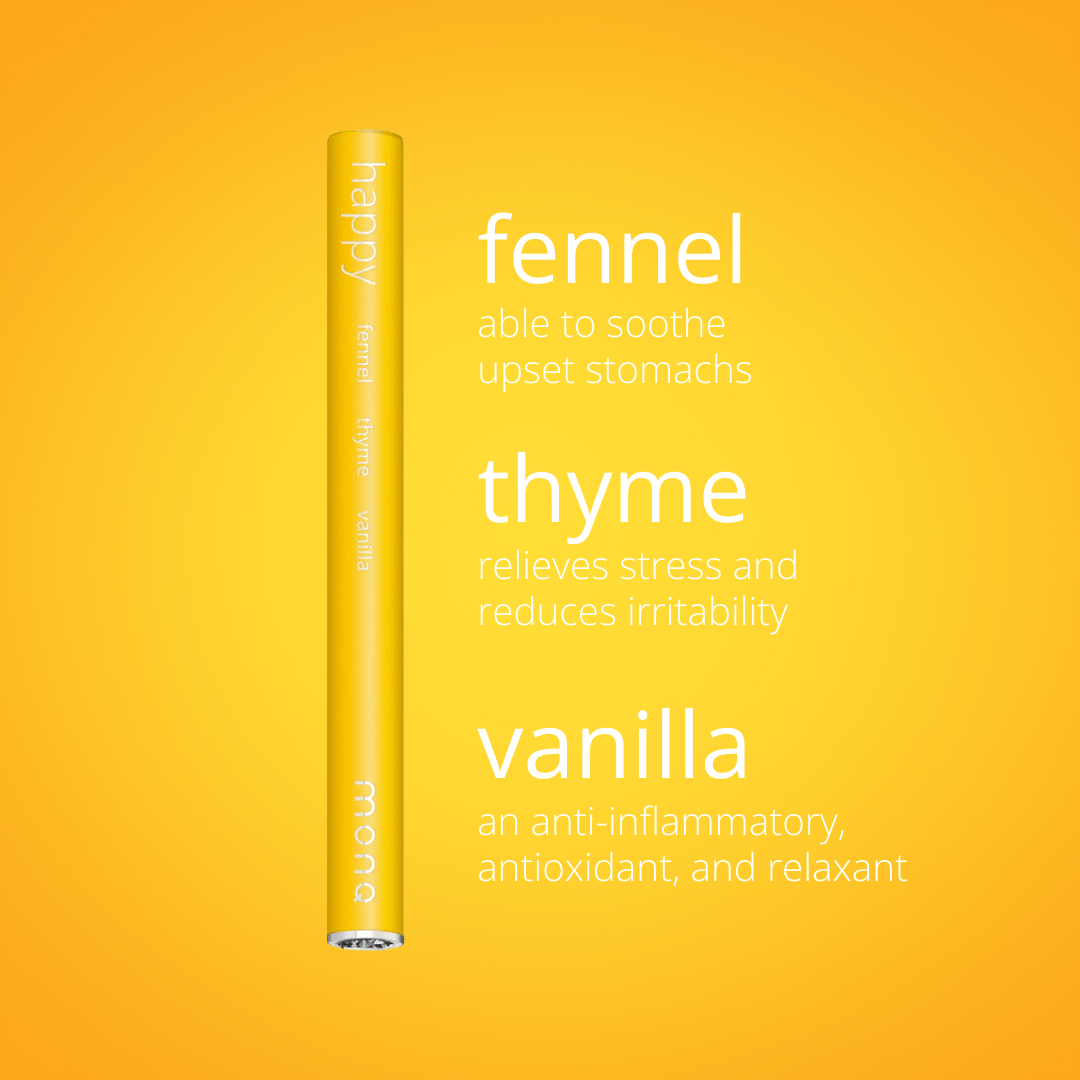
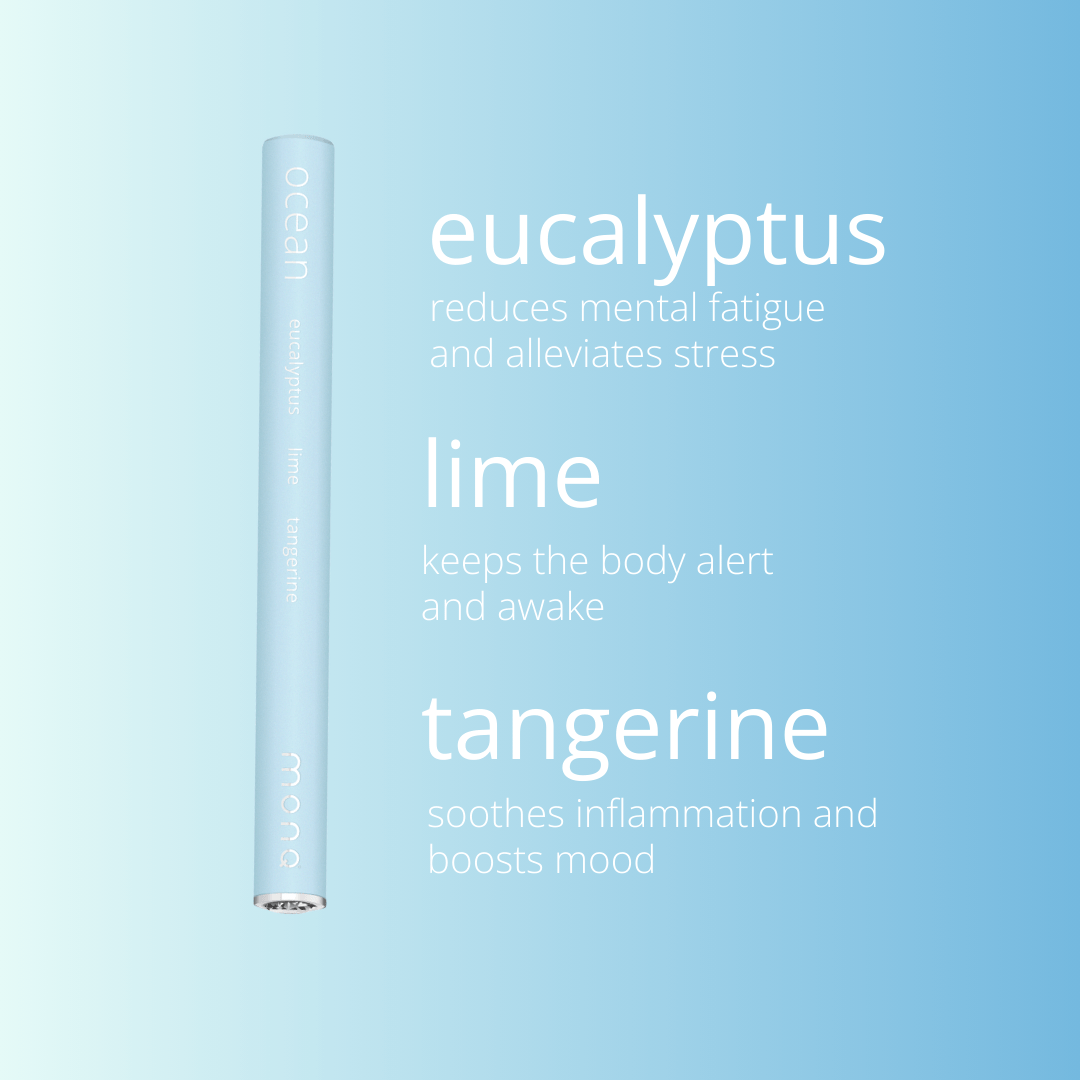
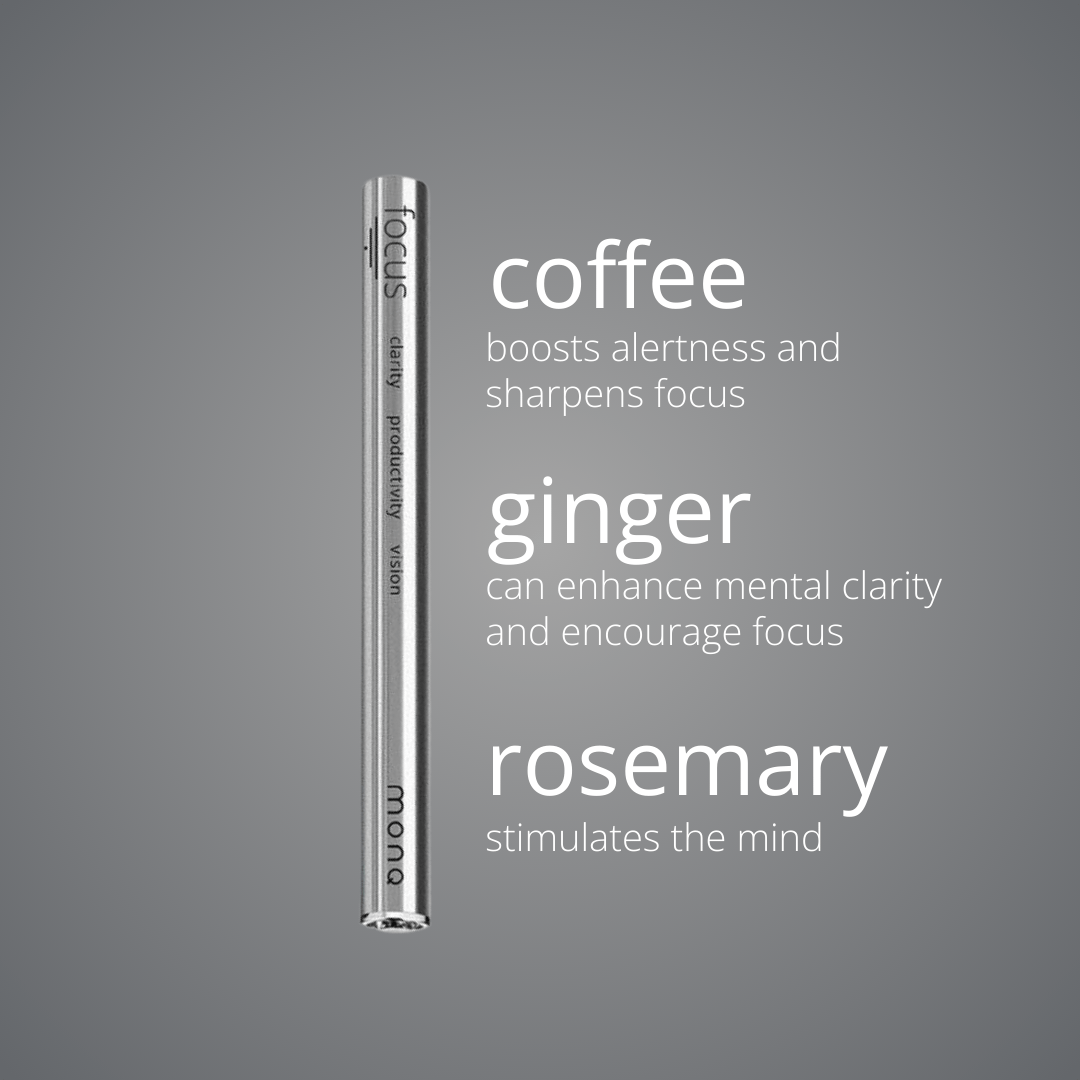
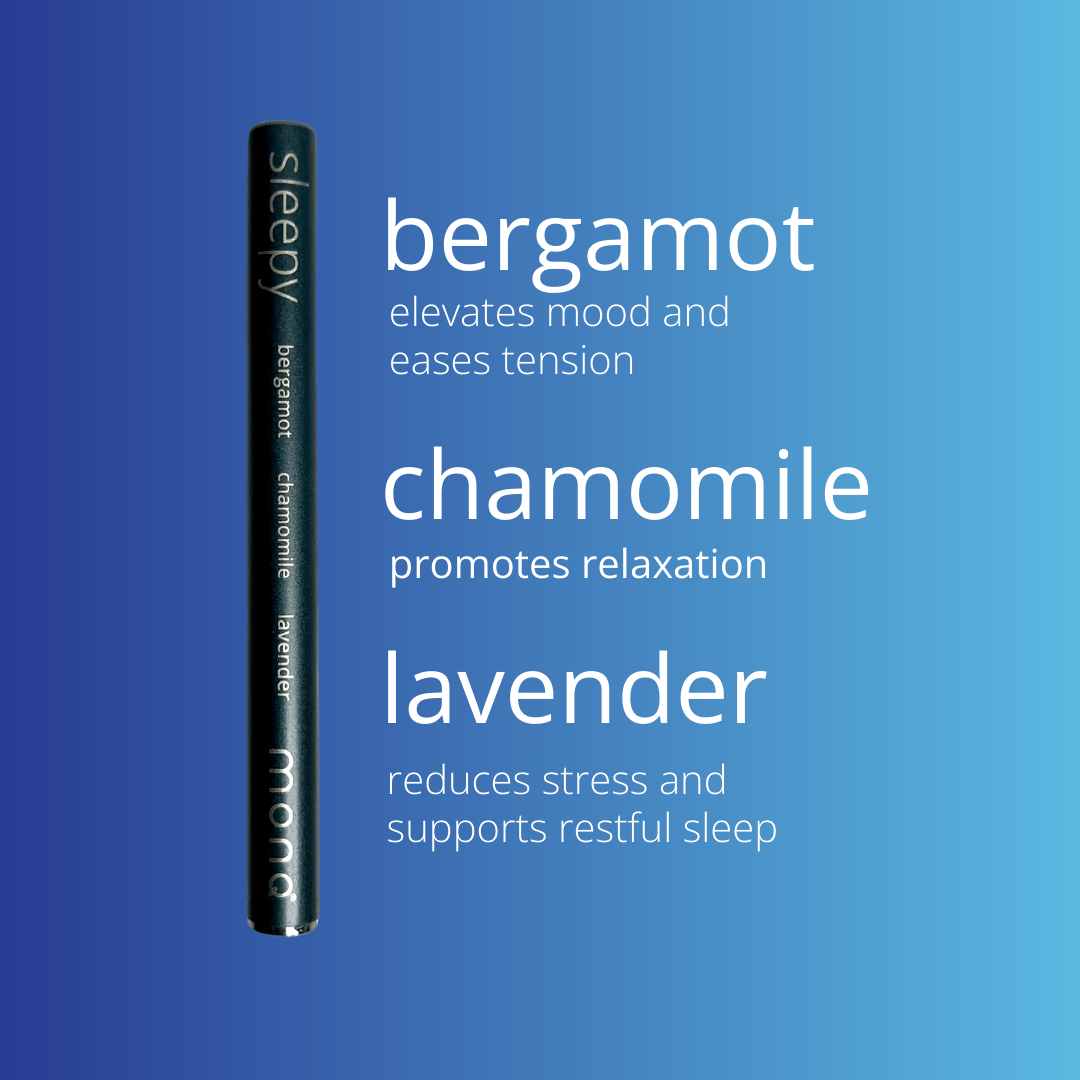
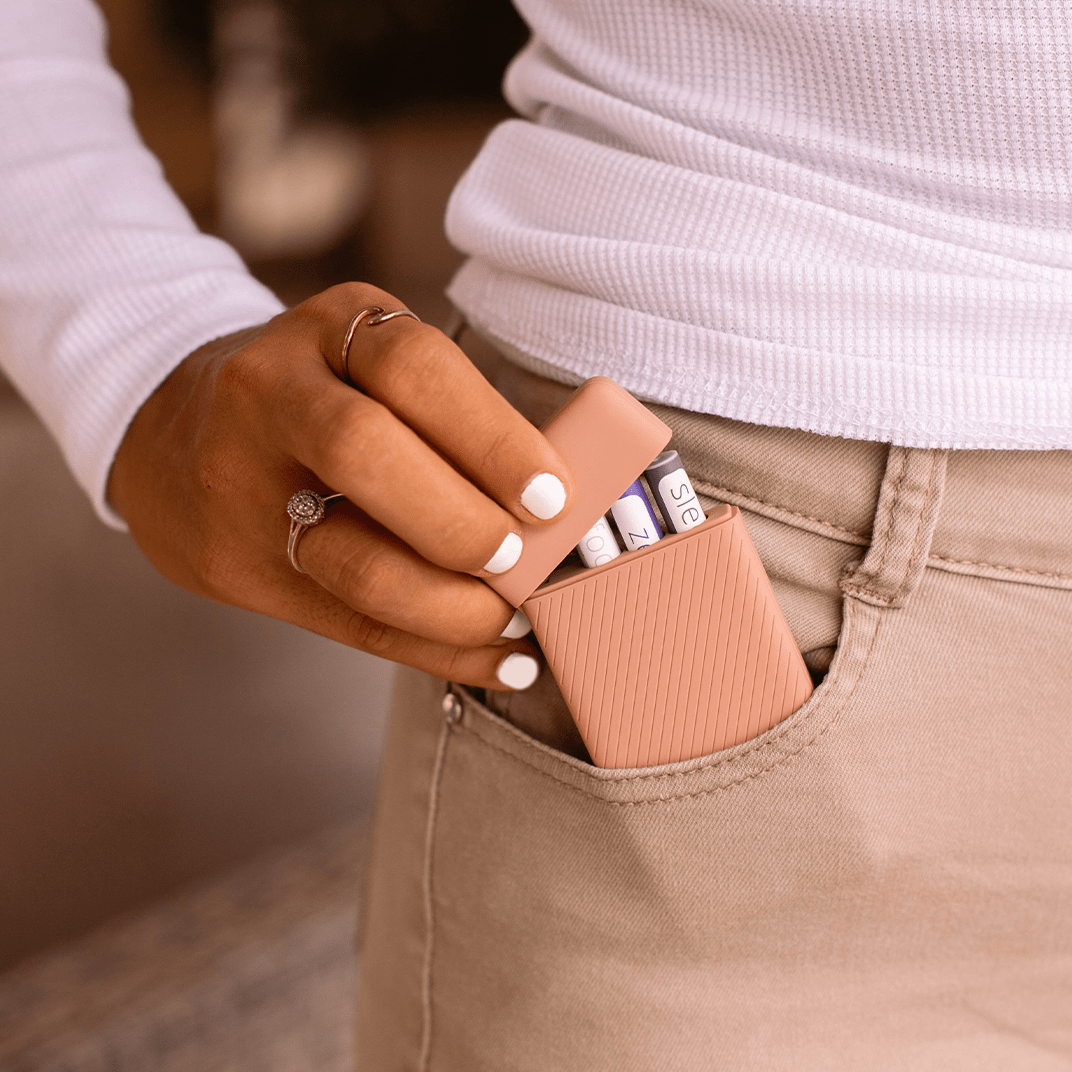
Leave a comment